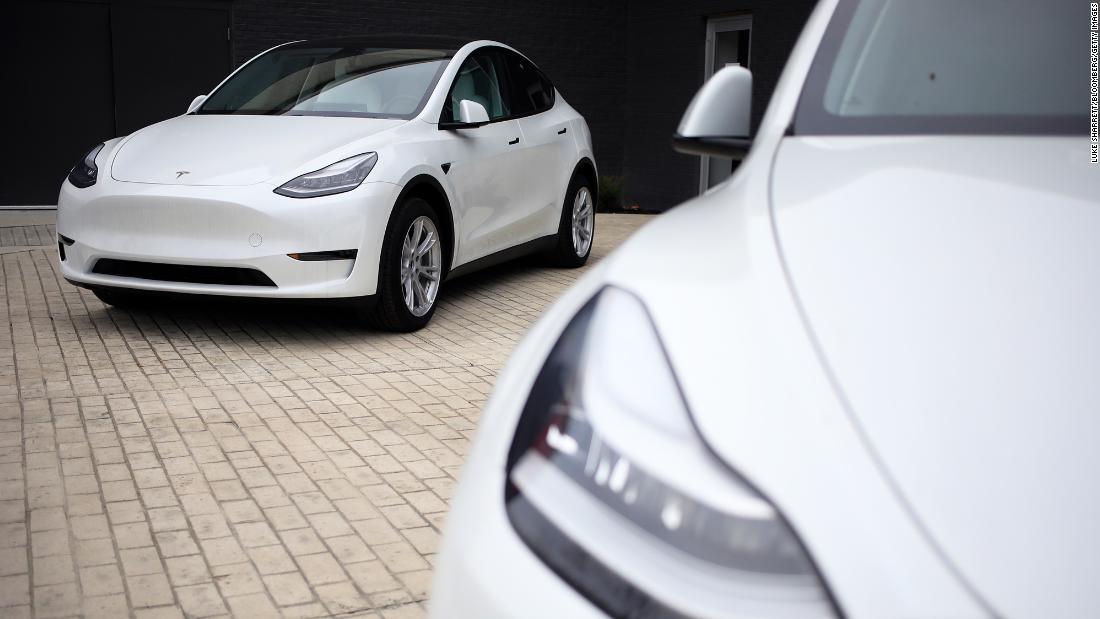Tesla’s top executives admit that the company cannot count on the continuity of this source of money.
“This is always an extremely difficult area for us to predict,” said Tesla’s chief financial officer, Zachary Kirkhorn. “In the long run, regulatory credit sales will not be a material part of the business, and we do not plan the business around that. It is possible that for a few additional quarters, it will remain strong. It is also possible that it is not. “
Tesla also reports other measures of profitability, as do many other companies. And by these measures, the profits are big enough not to depend on credit sales to stay in the blue.
Proponents say these measures show that Tesla is finally making money after years of losses on most of these measures. This profitability is one of the reasons why the shares have performed so well for more than a year.
But the debate between the company’s skeptics and devotees about whether Tesla is really profitable has become a “Holy War”, according to Gene Munster, managing partner at Loup Ventures and a leading technology analyst.
“They are debating two different things. They will never reach a resolution,” he said. Munster believes that critics focus too much on how credits still exceed net income. He says the automotive gross profit margin, excluding sales of regulatory credits, is the best barometer for the company’s financial success.
“It is an important indicator” of this measure of Tesla’s profit, he said. “There is no chance that GM and VW are making money based on their EVs.”
Tesla’s future
Tesla’s shares are now worth almost as much as those of the 12 largest combined automakers that sell more than 90% of automobiles globally.
What Tesla has that other automakers do not have is rapid growth – last week, it predicted annual sales growth of 50% in the coming years and expects even better performance than in 2021, as other automakers struggle to return to pre-pandemic sales levels.
The entire industry is moving towards a fully electric future, both to meet stricter environmental regulations worldwide and to satisfy the growing appetite for EVs, in part because they require less work, fewer parts and cost less to build. than traditional gasoline-powered cars.
“Something most people agree on is that EVs are the future,” said Munster. “I think it’s a safe assumption.”
“The competition is making Tesla cars irrelevant,” said Johnson of GLJ ‘Resarch. “We don’t see this as a sustainable business model.”
Other analysts say Tesla’s share price is justified, given how it can benefit from the move to electric vehicles.
“They are not going to keep 80-90% of the EV market, but they can continue to grow even with a much smaller market share,” said Daniel Ives, technology analyst at Wedbush Securities. “We are looking north from 3 million to 4 million vehicles annually as we move forward in 2025-26, with 40% of that growth coming from China. We believe that they are now on the path that even without [the EV] credits they will still be profitable. ”
